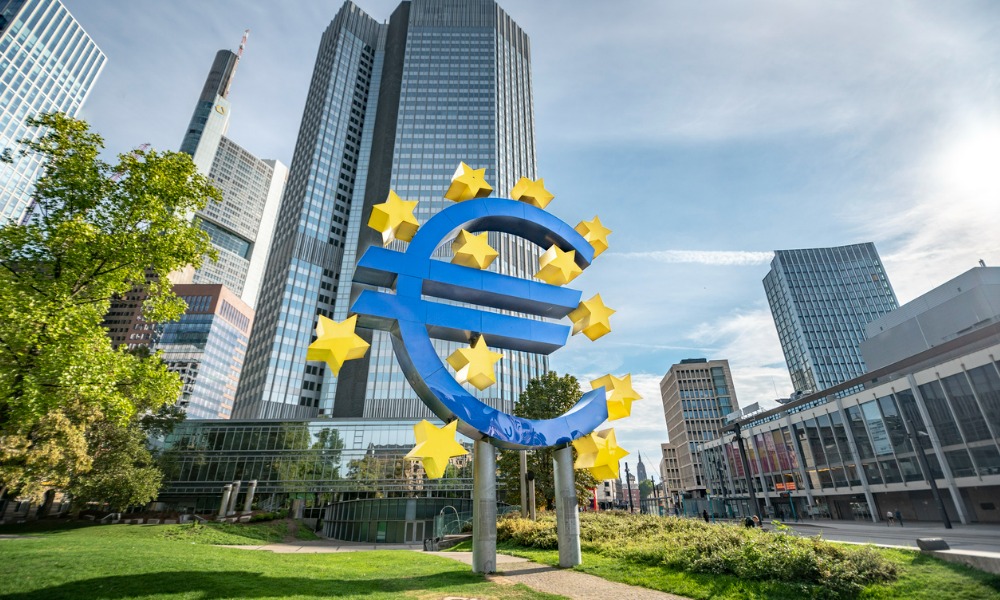

by William Horobin and Erik Hertzberg
European Central Bank President Christine Lagarde warned that international trade will be changed forever by the tensions over tariffs, even as the world’s leading economies edge toward some compromises.
“While it is fairly obvious that international trade will never be the same again, it’s also pretty clear that there will be further negotiations,” she said in an interview with the Canadian Broadcasting Corp. on the sidelines of the Group of Seven meeting of finance officials in Canada.
The gathering wrapped up on Thursday with a communique in which members glossed over their disagreement over the US administration’s tariffs.
The finance ministers and central bank governors focused instead on a collective call to address “excessive imbalances” in the global economy, an effort clearly aimed at China, though they didn’t name the country.
“There will be further movements on the part of all partners in the trade order to to probably reduce the major imbalances that we have and that we have had for a long time,” Lagarde said.
Speaking in a separate interview with Radio-Canada, the French-language public broadcaster, the ECB president said the impact of tariffs on inflation is hard to gauge for the central bank. There may be inflationary effects if Europe’s retaliation pushes up import costs, but in the short term there could also be deflationary impulses if there is a diversion of cheap Chinese goods into European markets, she said.
“The question of the impact of tariffs on inflation is very delicate,” Lagarde said. “There are lots of elements that are moving at the moment that we’ll be able to estimate the impact of as the negotiations advance and as this new context develops.”
In the euro area, inflation held at 2.2% in April due to stronger underlying pressures. But analysts forecast a reversal in May — probably pushing inflation even below the ECB’s 2% target. The European Commission expects it to even average 1.7% next year.
ECB officials are widely expected to lower borrowing costs in two weeks, with inflation heading toward the 2% goal and US tariffs weighing on the economy. That would be the eighth reduction since June last year, bringing the key deposit rate to 2%.
Copyright Bloomberg News

Wealth managers highlight strategies for clients trying to retire before 65 without running out of money.

Shares of the online brokerage jumped as it reported a surge in trading, counting crypto transactions, though analysts remained largely unmoved.

President meets with ‘highly overrated globalist’ at the White House.

A new proposal could end the ban on promoting client reviews in states like California and Connecticut, giving state-registered advisors a level playing field with their SEC-registered peers.

Morningstar research data show improved retirement trajectories for self-directors and allocators placed in managed accounts.
Orion's Tom Wilson on delivering coordinated, high-touch service in a world where returns alone no longer set you apart.
Barely a decade old, registered index-linked annuities have quickly surged in popularity, thanks to their unique blend of protection and growth potential—an appealing option for investors looking to chart a steadier course through today's choppy market waters, says Myles Lambert, Brighthouse Financial.
